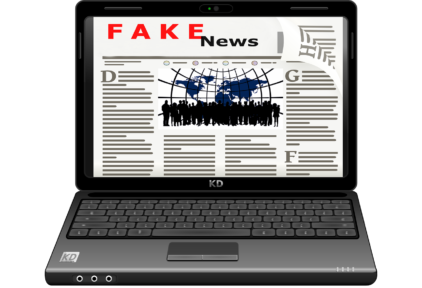“A need isn’t special if other people get to take the same thing for granted.” Lawrence Carter Long, Director of Communications, Disability Right, Education & Defense Fund (DREDF), Berkeley, California.
Lawrence Carter Long is disabled and proud. For more information, go to https://www.linkedin.com/in/lawrencecarterlong
The English language changes all the time. With it, so does the language surrounding the disability community. The community at large has gone (thankfully) from using highly offensive language when describing someone with a disability to what is now deemed as patronising. It seems that we are still struggling with the way we refer to people with disabilities. One of those words is “special”.
People with disabilities are not ‘special’.
Way back in 2002 in the United Kingdom, a poll was undertaken by the BBC’s website “Ouch”. The poll wanted to discover the words most disliked by disabled people when it came to how people referred to them. Not surprisingly, the number one word was “spastic” but the term “special” rated at number five. The word “special” is used in relation to education, needs, and also refers to people themselves.
We call a child with a disability “special”; we send them to “special schools”, we call their parents ‘special’ for being “heroic” for looking after them. By doing so we classify them and separate them from the rest of the community. Disabled people want to be a part of society. They want to be able to work, socialise, live independently and get married – all the things that the rest of the community takes for granted.
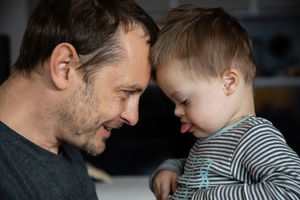
Read this article by Michelle Sutton “My Needs are not Special”.
Down Syndrome International
This is a UK based international disabled people’s organisation, comprising a membership of individuals and organisations from all over the world, committed to improving quality of life for people with Down syndrome, promoting their right to be included on a full and equal basis with others.
You read more about Downs Syndrome International here https://www.ds-int.org
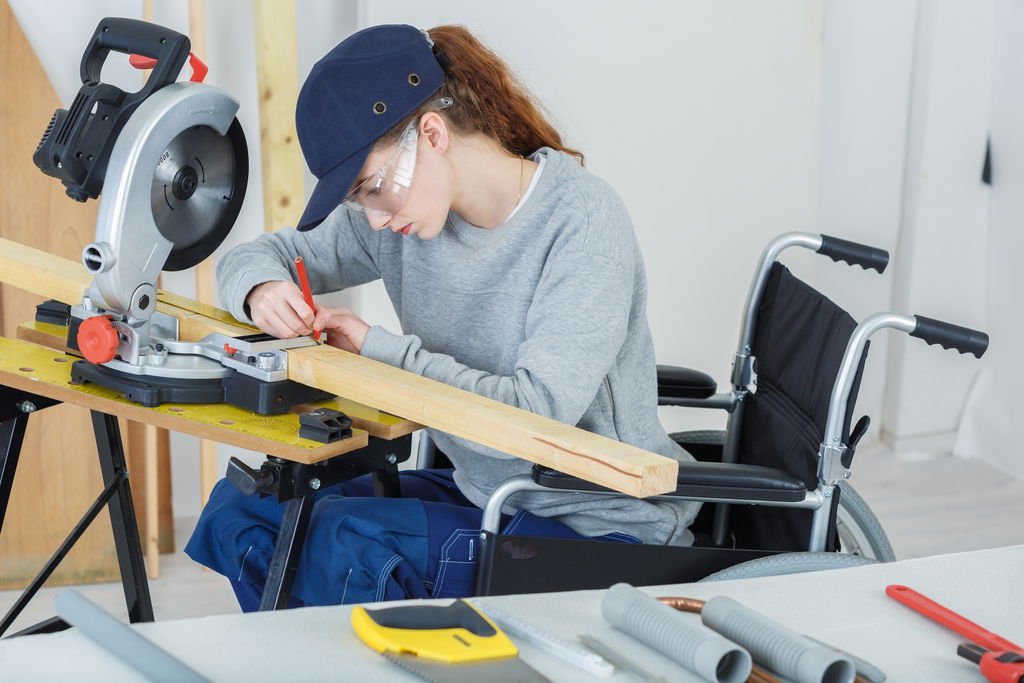
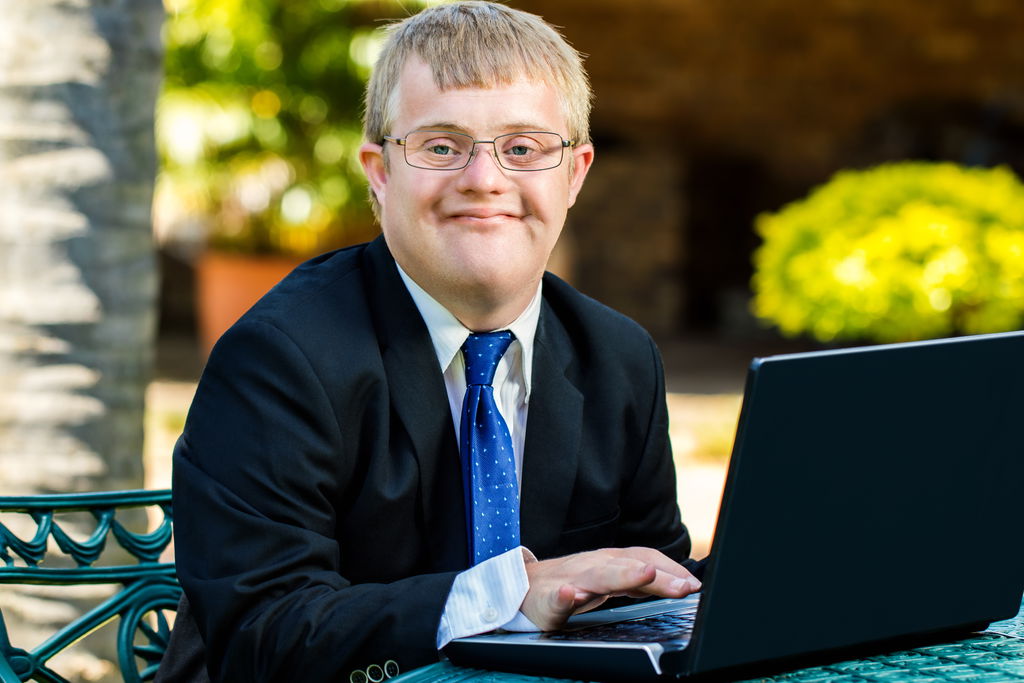
This organisation hosts a World Down Syndrome Day on 21 March every year. This video was made by CoorDown, Italy’s national organisation for people with Down Syndrome in 2017. It talks about “special” needs in a light-hearted but serious way. https://youtu.be/kNMJaXuFuWQ
World Down Syndrome Day
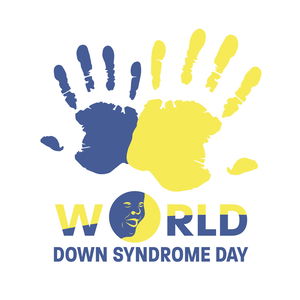
In December 2011, the UN declared 21 March as World Down Syndrome Day. It focuses on
Leave no one behind: declaring that all people with Down syndrome must have opportunities to live fulfilling lives, included on a full and equal basis with others, in all aspects of society. While we should be supporting this, we must also remember that there are many other members of our community who have a disability who should not be left behind either.
The aim of the NDIS
The aim of the NDIS is to support people with a permanent and significant disability that affects their ability to take part in everyday activities. It does this by identifying what disability supports someone needs in order to help achieve their goals in life.
It is up to the rest of the community – don’t use the word ‘special’
With all the goodwill in the world, the NDIS cannot work alone. It requires the community to get behind all disabled people to see them not as “special” but people who need extra assistance to live their lives as normal as possible.
Do you, or someone you love, need help to be a part of the community?
Care to Change is a registered NDIS provider. We are committed to assisting individuals achieve the most from their lives. You can contact us by calling 1300 515 888 or email info@caretochangstg.wpengine.com. You can also use our contact form on our website https://www.caretochange.com.au/contact-us/. We will get back to you within 24 hours.

